A World Built for Every Mind
Ksenia Golubeva
CBDO and co-founder of AutiHD, Luxembourg-based neurodiversity platform delivering AI-driven support for ADHD/autism in daily life and work.
Every so often, you meet a founder whose mission feels less like a business plan and more like a calling. Ksenia Golubeva is one of those people. After years spent navigating the high-stakes world of corporate innovation and venture capital, she turned her focus toward something deeply human: building technology that creates space for neurodivergent individuals to thrive. Her journey is a powerful reminder that the most impactful innovations often come not from optimizing processes, but from listening to people. In our conversation, Ksenia reveals how a memory from her journalism school days planted a seed that would, years later, blossom into AutiHD. Her vision is clear: 'Neurodivergent people don’t need to be fixed; the world needs to change.'
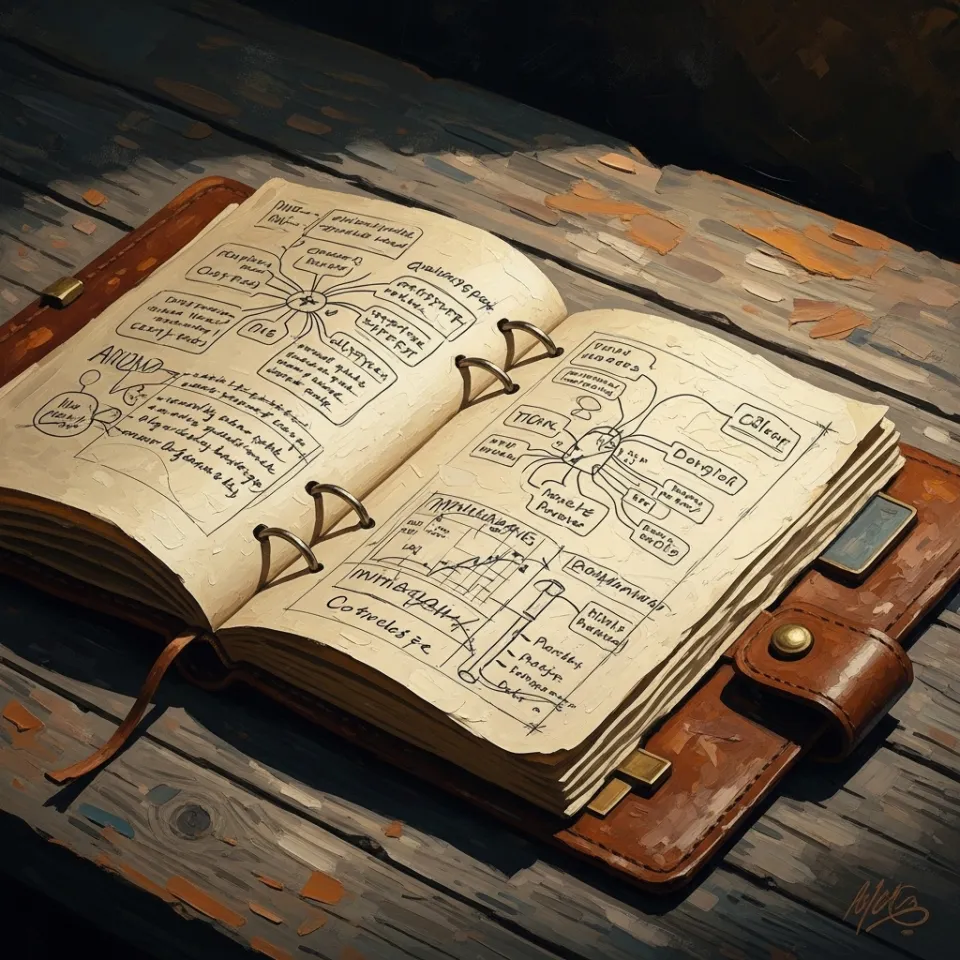
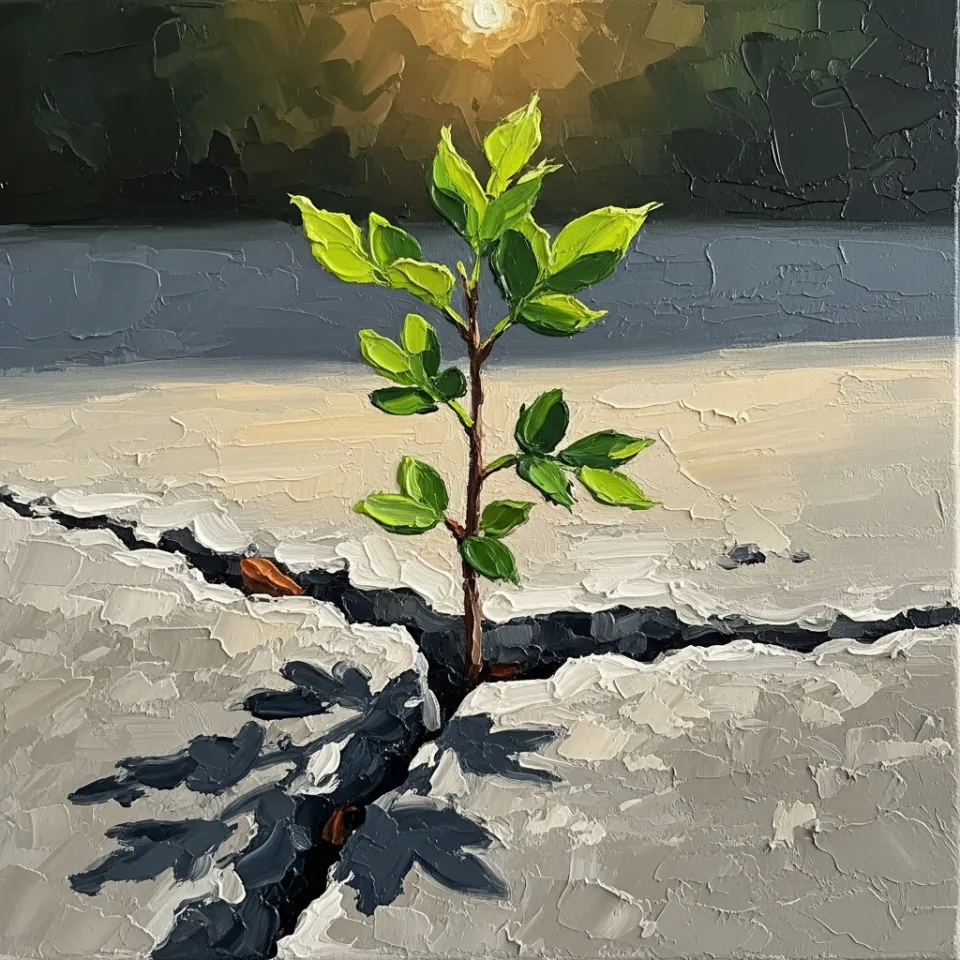
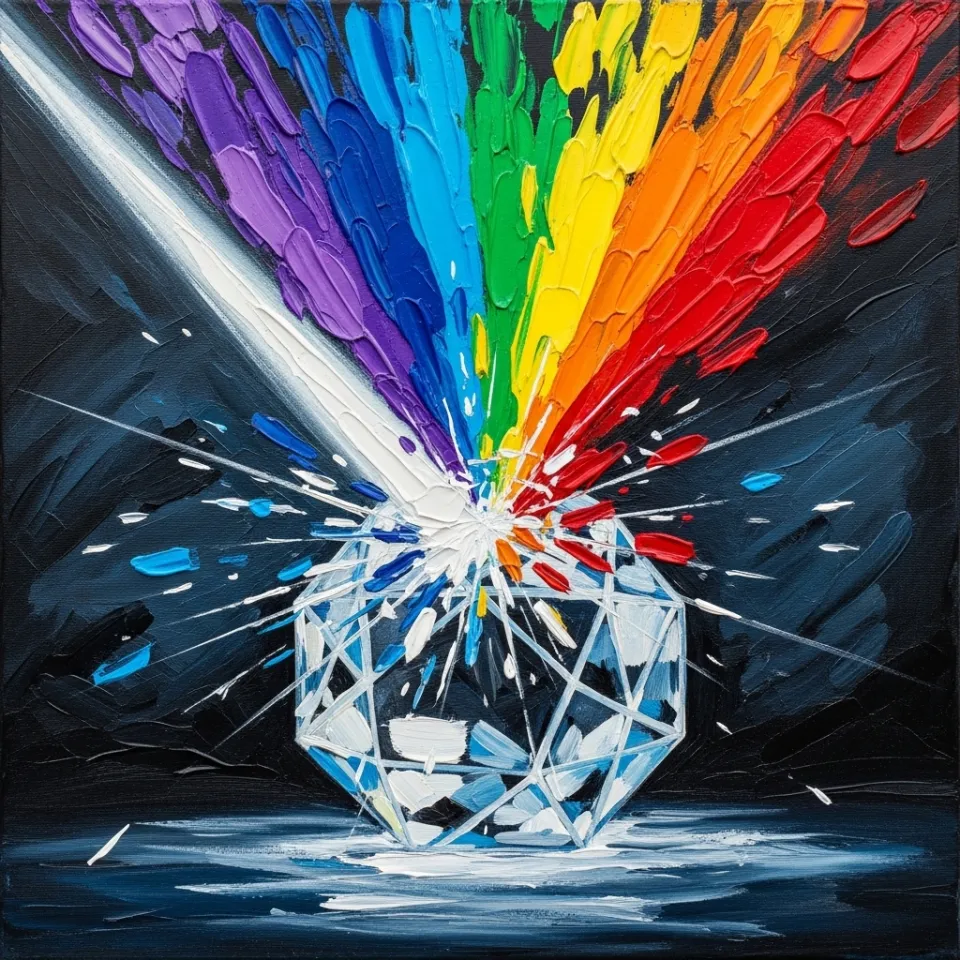
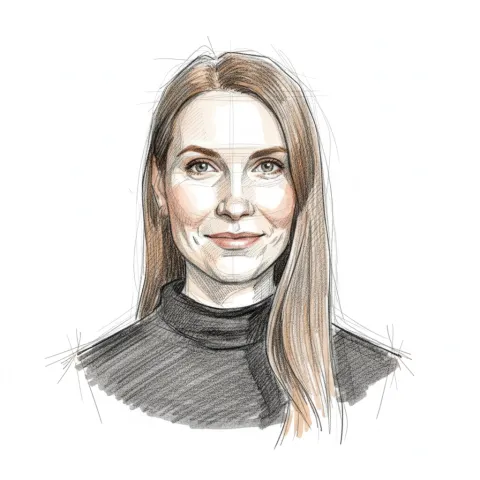
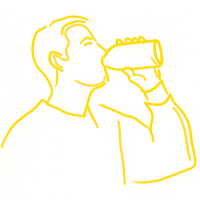
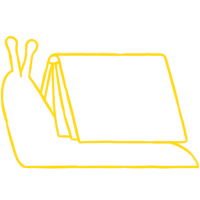
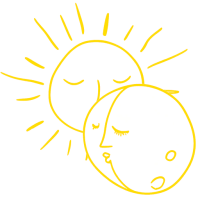
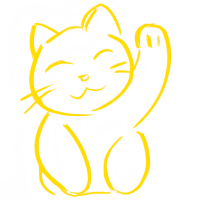
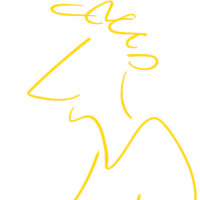
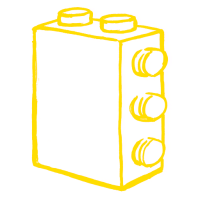
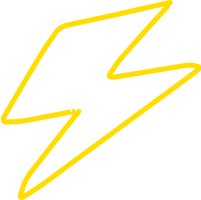

Share moment
Choose where you'd like to share this interview moment: